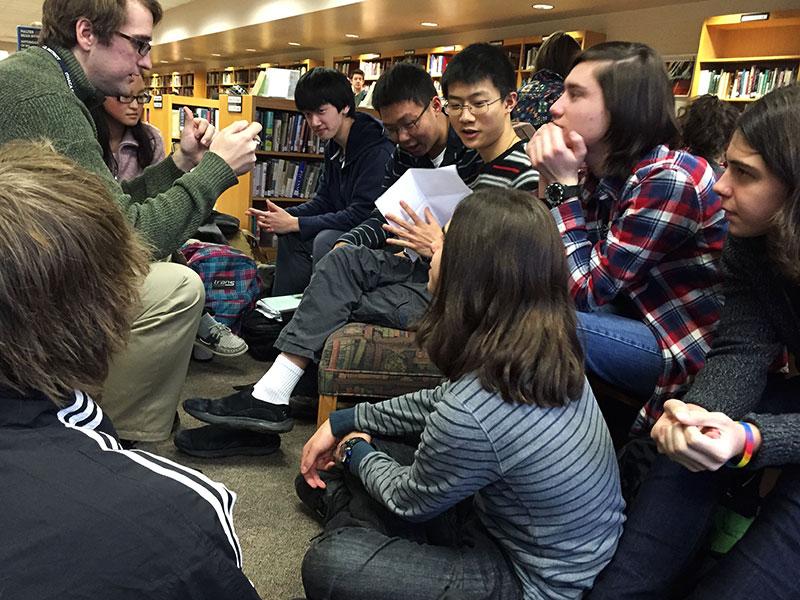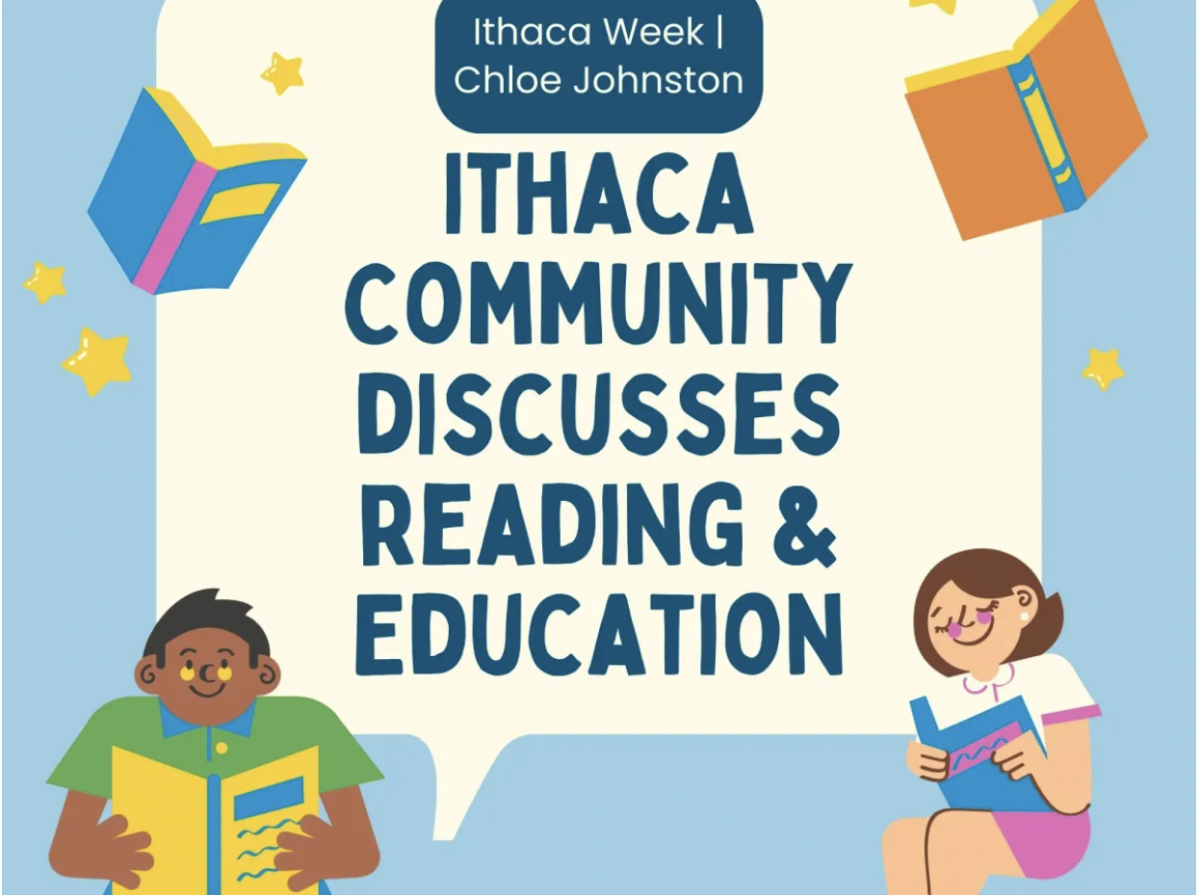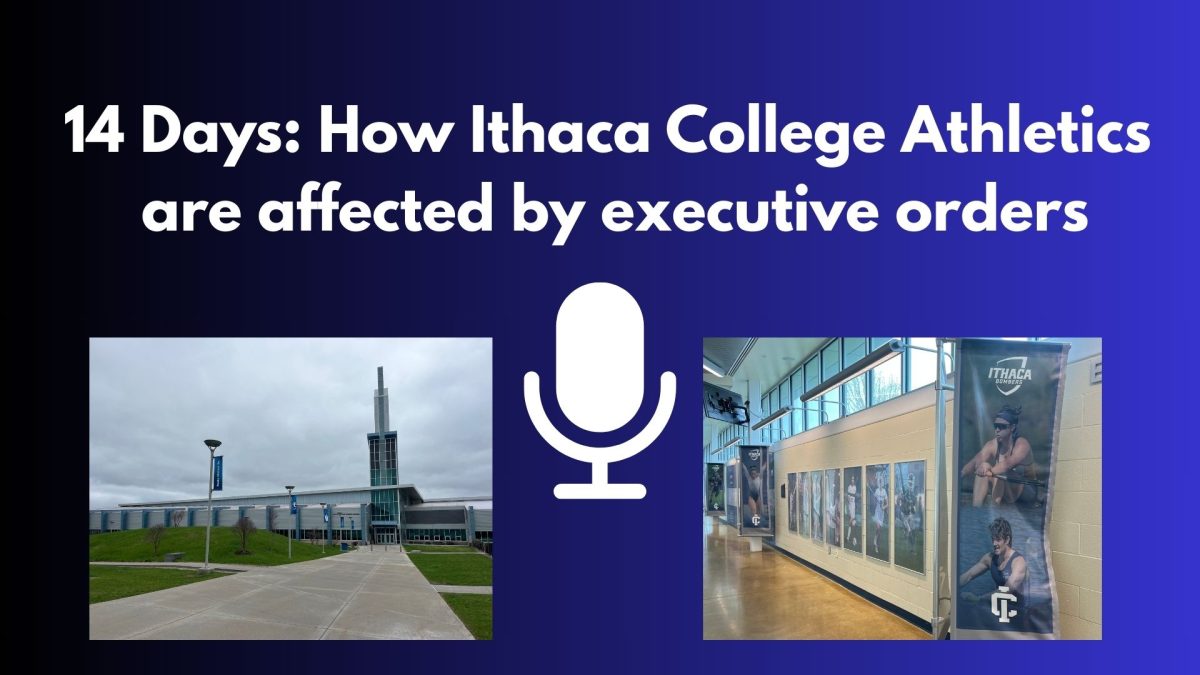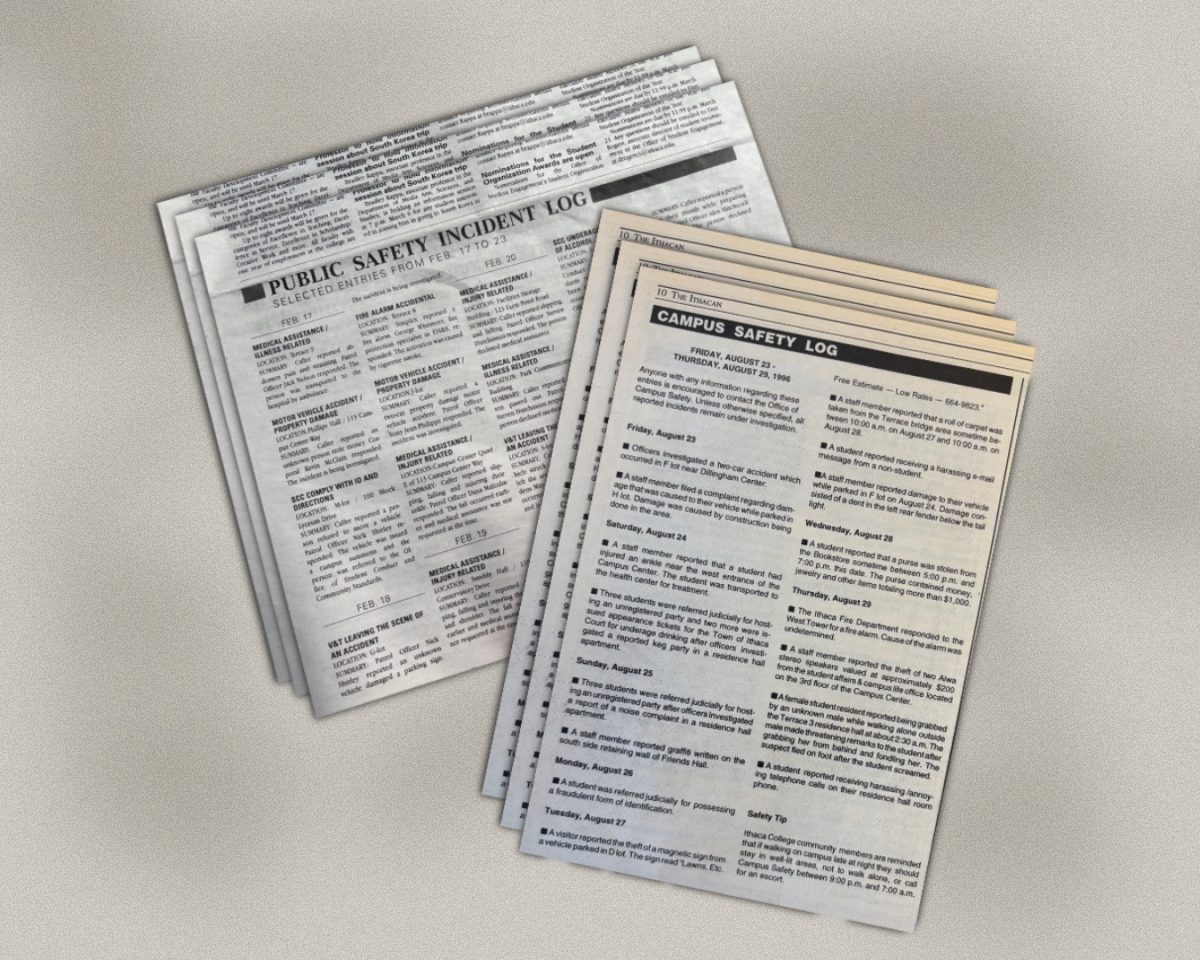The team is made of students at the high school level, mostly sophomores and freshmen, who compete in regional, state and national level Quiz bowls. After a top finish in the regional tournament of the National History Bee and Bowl on January 17, 2015, IHS “A” brain team qualified for the national competition. The members of the “A” team are Casey Wetherbee, Andrey Shakhzadyan, Daniel Xu, and Harry Sauer.
The regional competition was the largest the team has competed in, with more than 70 teams from 30 schools from the mid-Atlantic area. Shakhzadyan and Wetherbee also qualified individually for the national competition.
Wetherbee said that each member of the team has a specific subject to study, like literature, history and science.
“[By dividing the materials] we can do a minimal amount of studying and focus on our topics, which overall betters the team and I think that’s what’s contributed to our success this year,” Wetherbee said.
There are three sophomores and one freshman on the “A” team. Benjamin Kirk, a math teacher at the high school, is the team’s advisor and said because the team is so young, they have the potential to become a powerhouse team in the future.
The team’s age also contributes to their success this year as the younger students have more time to dedicate to studying and practicing, Xu said. He said the team has a strong motivation this year.
Quizbowls are not a new concept. According to the National Academic Quiz Tournament (NAQT) website, the competitions were started in 1996. Ithaca High School’s brain team has been around for about 15 years.
In those 15 years, the team has competed at the national level several times, but Kirk said this year is the first year the team has made a determined effort to compete downstate and even in other states.
“Because we’ve found the teams at these national competitions to be much more competitive, and the students on our team are showing a real dedication to improving and becoming a better team, we’ve been making the effort to go to more tournaments downstate,” Kirk said.
The team has organized practices, where they practice “buzzing” in to answers questions like they would in a tournament. Members of the team often meet informally to practice, not just because they want to perform well, said several members, but also because they enjoy expanding their wealth of knowledge.
Part of the beauty of Quizbowls is learning material he does not learn in class, Wetherbee said.
“Brain team is like enrichment on steroids,” Luc Wetherbee, another member of the team and Casey’s brother, said.
James Park, a member of the team, said one of his goals is to make the team more known to his classmates and the community outside the school. He said this would be a part of making the team more successful.
Casey Wetherbee said the team is working on more than just their progress this season. Members of the team want to get a similar program started at Boynton Middle School.
“I know of a lot of successful schools that participate in Quizbowl that have a middle school program set so that those students come into the high school already having experience,” said Wetherbee.
The brain team has done so well this year that Kirk said the team may start studying the novice/college level trivia instead of the high school level trivia made available on the NAQT website.
To support their efforts, the Brain Team has received funding from multiple outlets; one of them a candy sale hosted by the brain team at the high school. However, the US Department of Agriculture (USDA) passed “Smarts Snacks in School,” a legislation that limits the type of food to be sold in school in an effort to promote healthier eating habits.
According to the “Smart Snacks in School- Fundraisers” handout (available on the USDA website,) the regulation came into effect at the beginning of the 2014-2015 school year.
Xu said this has caused the team to lack a large amount of funding they could have otherwise raised.













